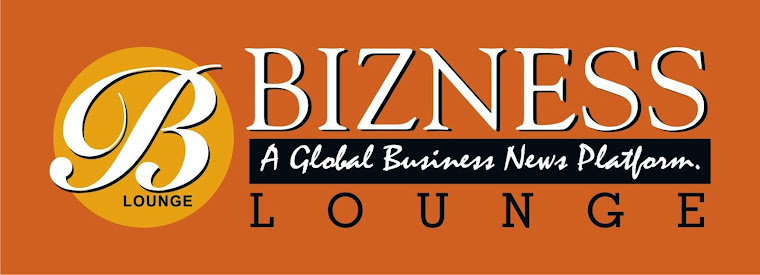The European Commission proposed a 315 billion-euro ($392 billion) investment plan based on guarantees and a small amount of seed money in order to offer European Investment Bank funds to a wider range of projects.
The EIB will contribute 5 billion euros in start-up cash, accompanied by 16 billion euros in European Union guarantees, according to the plan, commission President Jean-Claude Juncker said in unveiling the program today in Strasbourg, France. The start-up money, which is expected to have an impact of 15 times its size, will serve as capital for a new EIB unit that can share risk with private investors.
The program is called the European Fund for Strategic Investments and is set to be operational as soon as mid-2015, Juncker said. It doesn’t require EU member nations to commit any new money or alter existing budget agreements. Instead, the commission will
dedicate 8 billion euros of existing funds to backstop its guarantee.
“This is the greatest effort in recent EU history to mobilize the EU budget to trigger additional investment, and without changing the rules,” Juncker told the European Parliament in Strasbourg. “We don’t have a money-printing machine; we will have to attract money and make it work for us.”
By taking on some of the risk of new projects, the investment fund aims to lure cash-rich banks and companies off the sidelines. The overall effect may be “too little, too late,” RBS analysts including Albert Gallo wrote in a Nov. 24 note to clients.
Real Economy
“If the EU investment plan turns out to be a levered pea-shooter, though, central bank actions won’t filter through the real economy, and next year’s recovery will be rich in liquidity, but growth poor,” they said in the note.The European Central Bank has pledged to revive inflation “as fast as possible” and is considering a range of new measures including sovereign-debt purchases. ECB President Mario Draghi also has urged euro-area governments to do what they can to jump-start growth.
Juncker’s investment program aims to combine the new fund with a list of eligible projects and regulatory changes designed to improve business conditions. The investment-fund package will need approval of EU nations and the European Parliament, although the EIB will be able to start some operations ahead of final approval.
Renewed Pressure
The EIB has been under renewed pressure from France, Germany and other nations to expand its lending operations to take on more risk. The Luxembourg-based lender has said it can’t take on more risk without extra capital, because of the discipline required to maintain its AAA credit rating.The Juncker plan provides the capital for a new and riskier line of lending. EIB officials said this is designed to complement the fund’s top-rated ability to borrow money and shouldn’t be seen as a defensive measure.
The leverage for the new fund is expected to work in two stages: the EIB will be able to make about 63 billion euros in loans, or three times the new fund’s capital; and that lending in turn is expected to attract five euros in private investment for every euro lent. Money for the European Commission guarantees will come from existing resources, including the Connecting Europe and Horizon 2020 facilities.

No comments:
Post a Comment